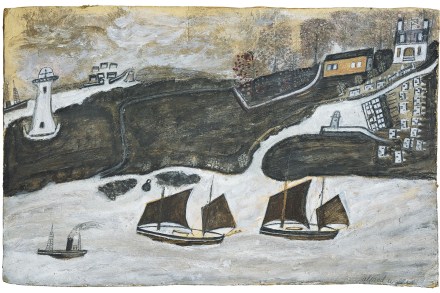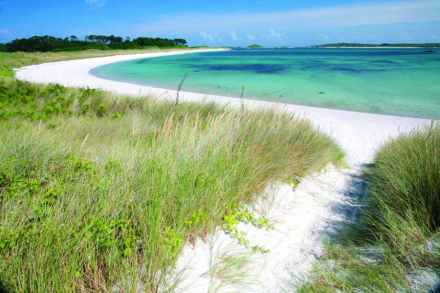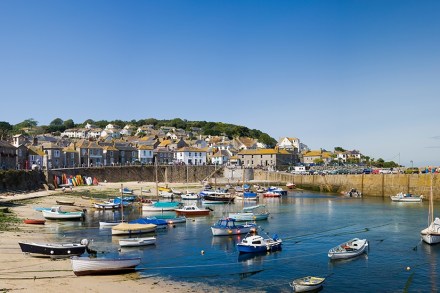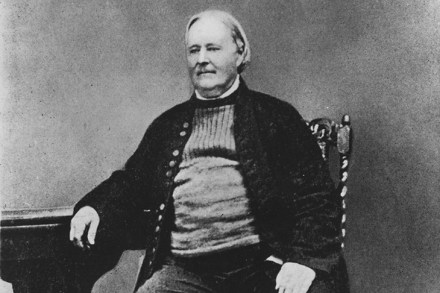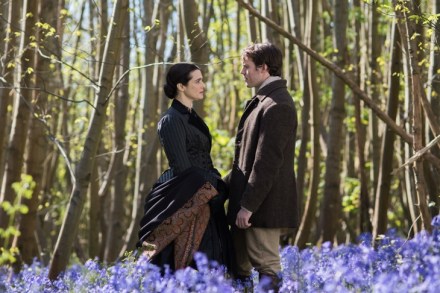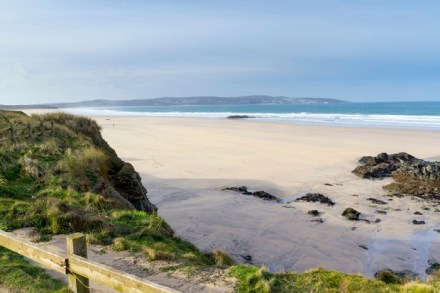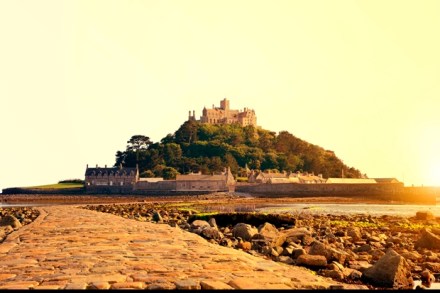Cornwall, but not as the locals know it: Stein’s at Home reviewed
The Stein’s at Home steak menu box (£65) says ‘Love from Cornwall’: it is not for people who live in Cornwall. It is, rather, a cardboard mirror of Padstow, Rick Stein’s slate-covered, teal-painted, monstrous Cornish Center Parcs for upper-middle-class holiday-makers, and it has its own whimsical map of Rick Stein outlets in case you stray too far from the Rick Stein path, like Dorothy heading to her death. I went to Padstow during the first lockdown and heard guilty testimony: some natives enjoyed pandemic because Padstow was almost real again. But that is over now, and here comes the counter-revolution to reassert itself in cardboard. People will follow later. Cornish


